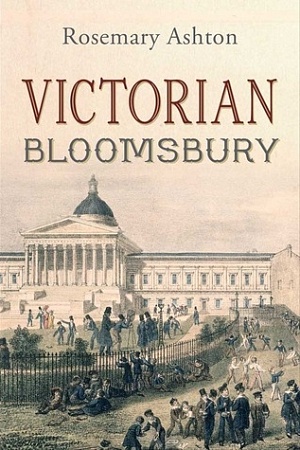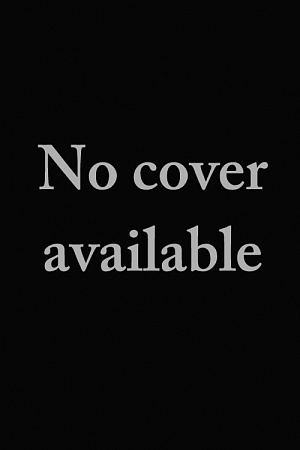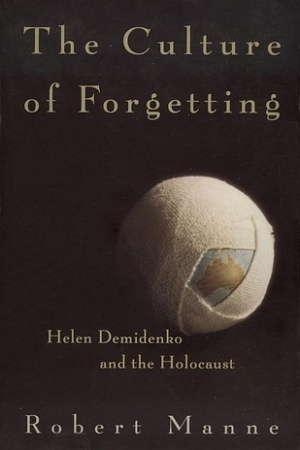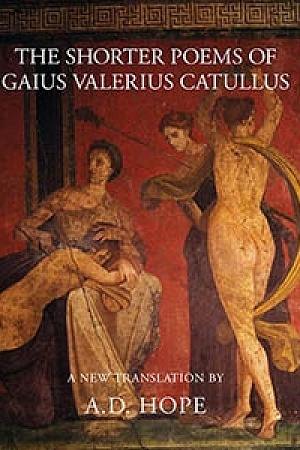Vast spaces, quiet voices
Without the support of a recognisably unified literary tradition, the Australian poet has had to come to terms with the diverse elements of an increasingly heterogeneous culture. Australia is, was, and ever shall be, someone else’s country, a homeland so fundamentally altered as a concept as to be no longer comfortably recognisable as ‘Home’. Paradoxically, if anything has drawn Australian poets together, it has been a strong attachment to the physical environment, the strange and often harsh beauty of an ancient land but one no longer a comfortingly European possession. As far as forms, genres, literary concepts are concerned, writers have had to draw on their own particular sense of a cultural past that has been, for the most part, European in origin. With the passing of time, a growing disharmony has arisen between the natural rhythms of the land and its hapless European inheritors. This alienation has announced itself often enough in poems of nostalgia, loss, and lovelessness.
Continue reading for only $10 per month. Subscribe and gain full access to Australian Book Review. Already a subscriber? Sign in. If you need assistance, feel free to contact us.














Leave a comment
If you are an ABR subscriber, you will need to sign in to post a comment.
If you have forgotten your sign in details, or if you receive an error message when trying to submit your comment, please email your comment (and the name of the article to which it relates) to ABR Comments. We will review your comment and, subject to approval, we will post it under your name.
Please note that all comments must be approved by ABR and comply with our Terms & Conditions.